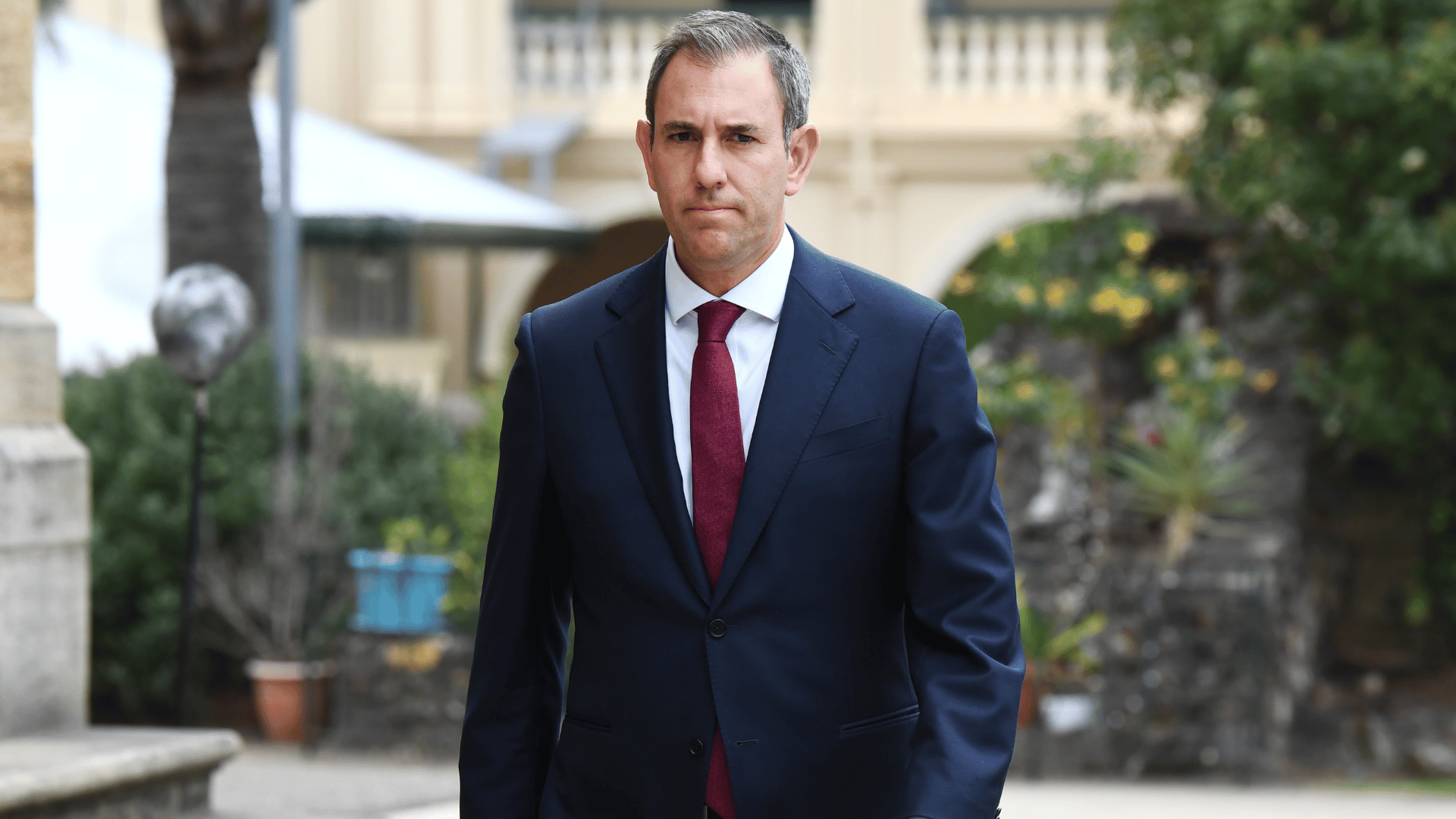The Federal Government will push for the country’s minimum wage to be increased in line with inflation (rising prices) in a submission to the Fair Work Commission.
Inflation is currently sitting at an annual rate of 4.1%.
The national minimum wage, the baseline pay for all workers, is currently $23.23. Less than 1% of workers are paid this exact wage.
What is Fair Work?
The Fair Work Commission (FWC) is the national agency governing Australian workplaces.
It’s responsible for the annual review of minimum wages, including the awards covering one in five workers. Last year, the FWC raised award wages by 5.75%.
It also raised the national minimum wage, the minimum pay for workers across all industries, by 8.65%.
Public submissions for this year’s wage review are due over the next few months. Any changes will come into effect on the first day of the new financial year, 1 July.
Govt submission
The Federal Government will make a submission on Thursday urging the FWC to raise the minimum wage in line with inflation. It said it wants to make sure that “real wages don’t go backwards”.
In order to see ‘real’ growth, wages need to rise faster than inflation.
Per the Australian Bureau of Statistics, inflation rose by 4.1% in the year to December.
Minimum wage
The government will argue that the national minimum wage must increase because of the impacts of cost-of-living pressures on lower-income workers.
Treasurer Jim Chalmers has said there shouldn’t be an “automatic” relationship between wages and inflation. That means meaning the government doesn’t want wages to always rise with inflation.
Opposition
In a statement to TDA, Shadow Industrial Relations Minister Michaelia Cash said “any increase in the minimum wage is a matter for the independent Fair Work Commission (FWC).
“It is important that any decision balances addressing the increase in the cost of living for Australians and the ability of businesses to pay.”
The Opposition did not indicate whether it would deliver its own submission to the FWC.



